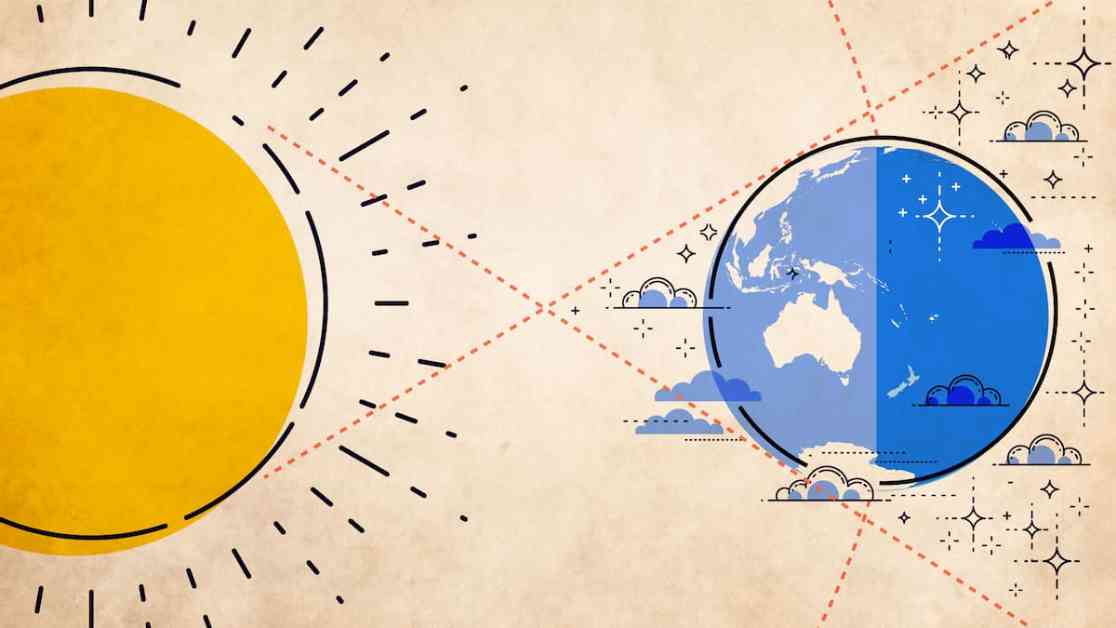On June 21st, New Zealand will observe the winter solstice, which marks the shortest day of the year in the Southern Hemisphere. This day signifies the beginning of longer daylight hours as the Southern Hemisphere starts tilting back towards the sun. Despite the increase in daylight, it also marks the start of winter in New Zealand, which will last until the Spring Equinox in late September.
The winter solstice holds not only astronomical significance but also spiritual and cultural importance for many. In various cultures and religions, the winter solstice symbolizes the battle between darkness and light. Ancient traditions such as Saturnalia in Rome and Pagan celebrations like ‘Yule’ have long honored this day with festivities, rituals, and gatherings.
Astrologically, the winter solstice marks the start of Capricorn season, a time to focus on concrete goals and aspirations. Many people believe that the energy of the solstice can be utilized for personal growth and spiritual practices. Rituals like setting intentions for the coming year, lighting bonfires, or meditative practices are common ways to celebrate the winter solstice.
To celebrate the winter solstice, there are various activities you can partake in with friends and family. Hosting a bonfire or candlelight gathering, enjoying a seasonal feast, taking a nature walk, and reflecting on the past year while setting intentions for the future are all meaningful ways to mark this special day.
In New Zealand, the winter solstice also coincides with the shortest day of the year, with cities like Wellington receiving around nine hours of daylight on this day. It’s important to note that Matariki, another significant event in Māori culture, occurs around the same time as the winter solstice but is a separate celebration. Matariki refers to a cluster of stars that herald the Māori New Year, a time for reflection, celebration, and preparation for the year ahead.
As we embrace the longer days following the winter solstice, let us take this opportunity to connect with nature, set meaningful intentions, and celebrate the return of light and warmth. Whether through traditional rituals or personal reflections, the winter solstice invites us to pause, appreciate the changing seasons, and look forward to the coming year with hope and positivity.









